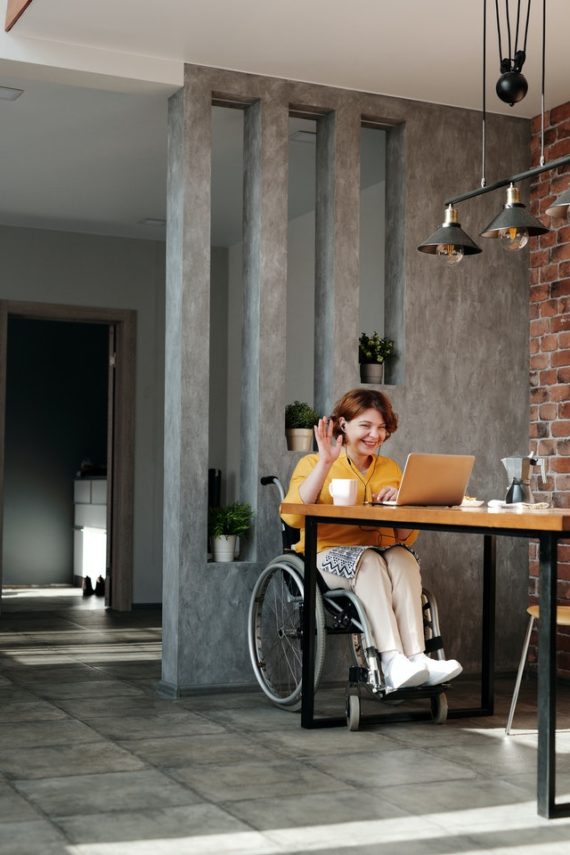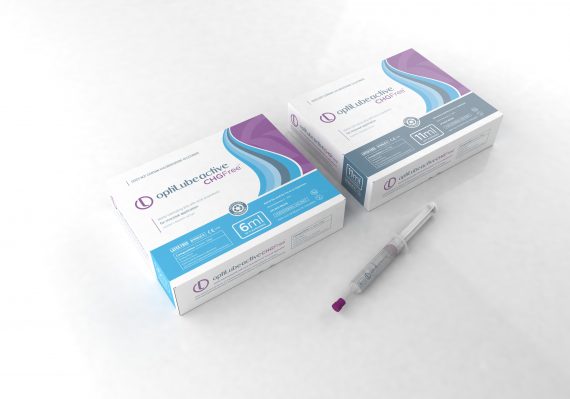What is nocturia?
Nocturia is the term used when you wake in the night to pass urine. This condition becomes more common as we age and can occur in both men and women, sometimes for a variety of different reasons. Depending on your routine it can be common to wake once or twice during the night to go to the toilet, but it can become distressing and disruptive to your sleep if you are waking several times during the night.
In this article we will explore more about what nocturia is, why it may be caused and the ways in which you can treat it or relieve the symptoms.
What causes nocturia?
There are several different reasons nocturia may happen, the most common causes are changes in hormones, prostate problems in males or bladder problems.
Hormonal changes – As you get older you produce less anti-diuretic hormone, which is the chemical produced by your body to help you retain fluid. When your body is producing lower levels of anti-diuretic hormone you may find you need to urinate more frequently, including at night.
Prostate problems – As men age their prostate glands enlarge which can press against the urethra (the tube which urine goes down before exiting the body) and prevent the bladder from emptying fully, meaning you may feel the urge to pass urine more often.
Bladder problems – If you are suffering from a bladder infection you may be unable to empty your bladder properly, meaning you will need to urinate more. Common symptoms of bladder infections include a burning sensation or pain when urinating and dark, cloudy or strong-smelling urine. An overactive bladder or urge incontinence is another common reason people might wake in the night, this is where you have a sudden need to urinate and you may leak before you are able to reach the toilet.
Other diagnosed medical conditions such as diabetes or some heart conditions may mean you are more likely to suffer from nocturia. General sleep-related problems or a disturbed sleeping pattern can also result in you being more likely to pass urine during the night if you are waking several times, as you are more likely to feel the need to use the toilet whilst you’re awake.
Usually nocturia is associated with the normal ageing process, but if the need to urinate several times during the night has come on recently or suddenly you should speak to your doctor or continence nurse about any concerns.
How can I relieve the symptoms?
If you suspect you have nocturia, try following these steps to reduce the urge to urinate during the night.
- Reduce the amount of fluids you drink before bed. It is important to make sure you are still drinking the recommended daily amount, but if you usually have your last drink at around 10pm then trial having your last drink slightly earlier at around 8pm or 9pm.
- Try reducing your intake of fluids which contain caffeine or alcohol. Drinks containing caffeine or alcohol are known as diuretics, these promote water loss through urine and can irritate your bladder, resulting in you feeling the need to urinate more after consuming them.
- Is anything disturbing your sleep? Take some time out to consider if your room, bed, or surroundings may be affecting your sleep. For example, if your room is too light you could try buying some black out blinds for your window, or use ear plugs if there is noise from the road outside your window which regularly disturbs your sleep.
- Some medicines can make your body produce more urine, or promote the need to urinate more. If you suspect your medicines could be causing nocturia, speak to your doctor or continence nurse about your concerns. Do not stop taking your regular medicines unless advised to do so by your doctor or a healthcare professional.
If you’ve tried these steps and your nocturia symptoms persist you may have a bladder or prostate problem that requires specialist treatment and you should make an appointment with your doctor or continence nurse. Prior to your appointment it would be helpful to keep a record of your bladder activity for at least 3 days leading up to your appointment and take it along with you. It’s important to remember that with patience and guidance from a healthcare professional, most cases are easily treated and not a cause for concern.
Are you looking for an alternative to pads for male bladder incontinence? Try our Ugo Sheath.
Our Ugo Sheath and Ugo Drainage Bag range offers a discreet, alternative solution to using absorbent products and pads for males who commonly experience moderate leakage. With so many different product combinations to choose from, you’ll be sure to find a product combination which best suits your lifestyle.
Find out more and request a free sample here.


